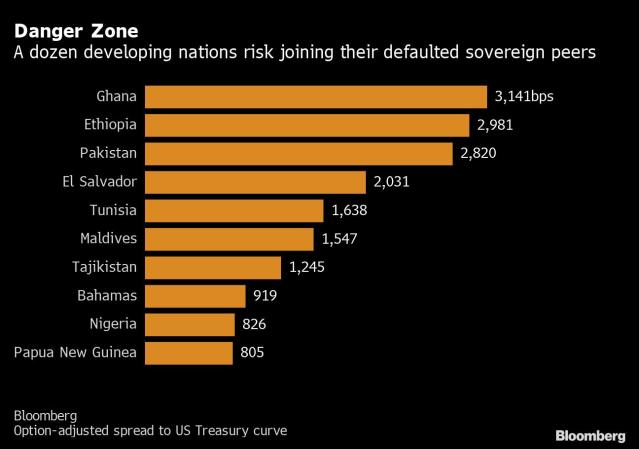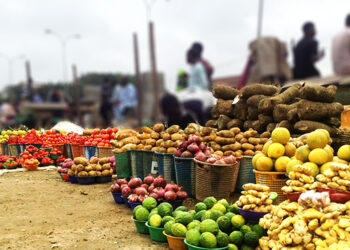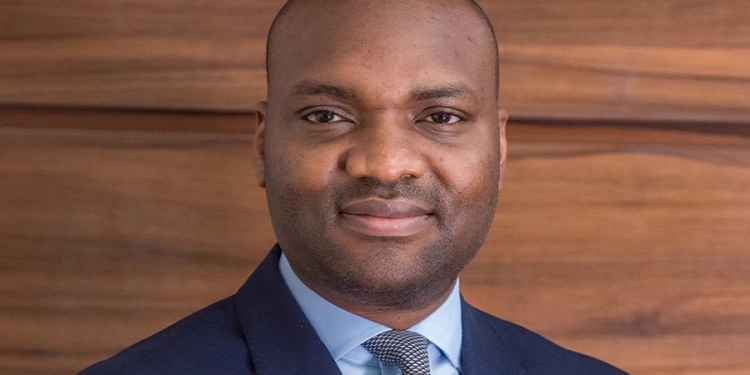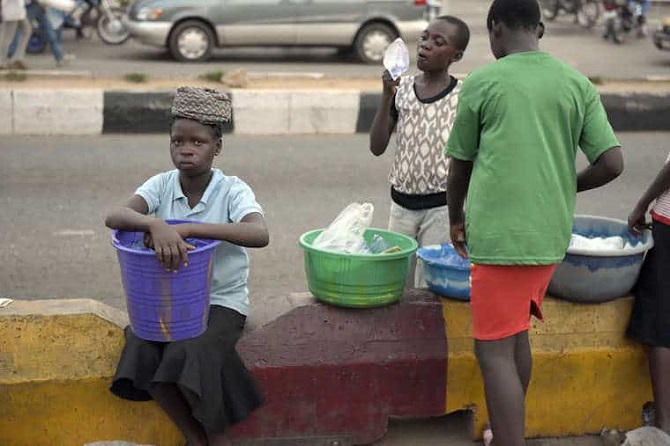For West African economies, bonds, especially in foreign currencies, have emerged as a crucial source of development funding. Eurobonds, or bonds issued in currencies other than that of the issuing country and/or firm, are the most well-known type of foreign debt.
With the issuance of its $200 million Eurobond in 2006, Seychelles became the first country in Sub-Saharan Africa (apart from South Africa) to enter the global financial markets. Since then, other countries in SSA have issued Eurobonds, often with values between $200 million and $1 billion.
More Eurobonds will be issued soon, either by the four countries mentioned above or by other countries, as Eurobonds have grown to be an incredibly significant source of development financing, notably infrastructure investment, for West African countries.
Advantages of Eurobonds: Since they serve as a benchmark for country risk, sovereign Eurobonds have also proven helpful as a signal to draw additional capital flows to the private sector. Investors that are familiar with the local environment are more likely to support a business operating there.
- The issuance of Eurobonds has also been timed to significantly improved coverage of African economies in international financial media. Furthermore, all the terms and conditions of Eurobonds are published by the markets the bonds are sold on, making them an extremely transparent type of debt.
- As of 2021, the total value of African Eurobonds was $140 billion, giving governments a financial boost for their investments in infrastructure, technology, and human capital.
- According to the IMF, the larger growing economies in Africa, such as Egypt, South Africa, and Nigeria, accounted for most of the issuance. However, issuance by the frontier economies of Ghana, Zambia, Senegal, Gabon, Côte d’Ivoire, and Angola was sizable as compared to the size of their respective economies.
A growing debt burden: Between 2010 and 2019, debt service more than tripled in Sub-Saharan African nations. The growth in debt and the increased interest rates paid to private-sector creditors are both reflected in this trend.
In Nigeria where this ratio was 85.5% in 2021 according to IMF projections, 139% of the country’s central government’s revenue may be required to cover the cost of debt service in 2026. The ratio of debt service to public revenue increased, indicating a serious vulnerability.
- All West African Member States saw an increase in their debt-to-GDP ratios, except for the Gambia.
- Five (5) Member States—Cabo Verde, The Gambia, Ghana, Guinea-Bissau, and Sierra Leone—had crossed the ECOWAS debt-to-GDP level as of the end of 2020, and Senegal and Liberia were getting there as well.
- The aggregate debt levels of ECOWAS have increased because of the Member States’ ongoing increase in government debt, which is caused by the growing need to bridge financing gaps. Despite a long-term upward trend in debt levels and as a proportion of GDP, the rise in 2020 was quite abrupt. In the medium to long term, the situation will increase the cost of debt servicing, further reducing international fiscal flexibility.

How we ended here: It is simple to understand how Africa ended up here. The price of government debt increased due to the Coronavirus pandemic. Also, the Russian invasion of Ukraine has added to the pressure.
The government debt increased due to the coronavirus outbreak, and the Russian invasion of Ukraine has added to the pressure by raising the cost of imported fuel, diesel, wheat, and fertilizer. That comes after a decade in which commercial lenders were used more frequently by Africa.
- Only Angola, Nigeria, and South Africa have sold foreign bonds since the start of the Ukraine conflict, raising $6 billion, the least amount since 2016.
- This implies that borrowing is becoming more expensive for Africa. The impact of this is already being felt in international markets. Except for Nigeria and South Africa, other African nations were unable to issue Eurobonds in 2022. Yields in secondary markets, which predict refinancing costs, have doubled, increasing on average by 600 basis points (6%) and up to 1800 basis points (18%) in some nations.
- This rise of 6% in interest expenses translates into $8.4 billion yearly, or $84 billion overall throughout the life of the bonds, for a total of $140 billion in Eurobonds with an average duration of 10 years.
The Ghanaian illustration: Before the epidemic, the nation had a large amount of debt, including $13.2 billion in Eurobonds, or 17% of its GDP. International investors flocked in, resulting in a five-fold increase in demand for a 2020 Eurobond offering.
However, inflation had reached 31% by August 2022, and the Ghanaian cedi had lost 36% of its value. Ghana was effectively cut off from accessing the global credit markets after the rating companies Moody’s and Fitch downgraded its Eurobonds to “junk.”

More worrisome trends: After Russia’s invasion of Ukraine drove an increase in global energy and food prices, at least 15 of the 72 emerging markets in a Bloomberg index, including Ethiopia, Pakistan, and Tajikistan, now have dollar debt trading at distressed levels.
The availability of cash for countries with junk ratings has decreased because of central banks raising interest rates in response. This year, funds for emerging-market debt have lost at least $80 billion.
Even though the bond market has recently experienced a modest uptick, distressed debt in emerging nations continues to be a major weakness in the world economy as it prepares for a recession. Data from Bloomberg show Emerging nations must restructure $215 billion in debt due in the next two years.
Therefore, to enable them to issue bonds in local currency, countries should continue to build their domestic financial markets. This will serve as a long-term hedge against the dangers associated with borrowing foreign currencies.
The needed solution: A funded rescue plan needs to be developed to avoid such a systemic debt disaster. The design must consider how the debt situation has changed over the previous ten years and be founded on the opinions of African policymakers.
- Private creditors should participate in discussions with official creditors and not be excluded until a final arrangement has been achieved.
- There should be a list of choices so that struggling nations can pick the ones that best address their issues. Old debt like in Ghana’s might be replaced with new, more adaptable bond contracts that would enable governments to pay back debt or postpone maturities in tough times.
- A better commitment to borrowing should be made by African nations in exchange for the financial support package. Tighter utilization of revenues is one of the main protections. Here, we are talking about project priority lists, tools for better project design, and smarter procurement, with all the data on public spending being publicly accessible in a database. Additionally, every effort should be made to borrow local money.


















